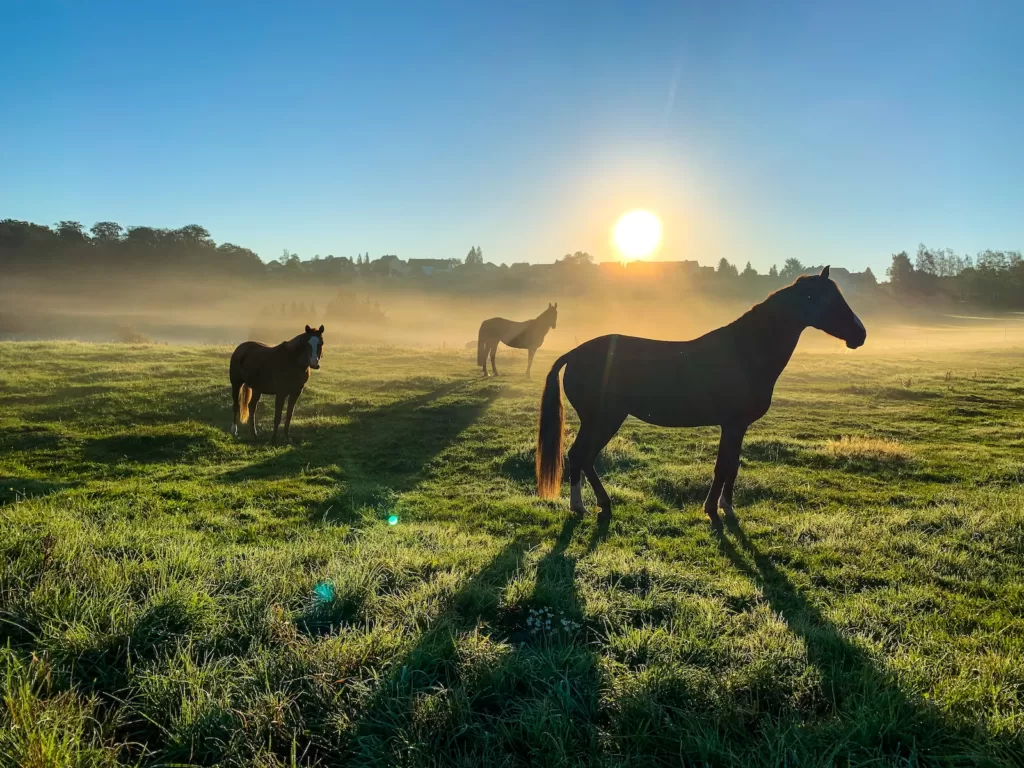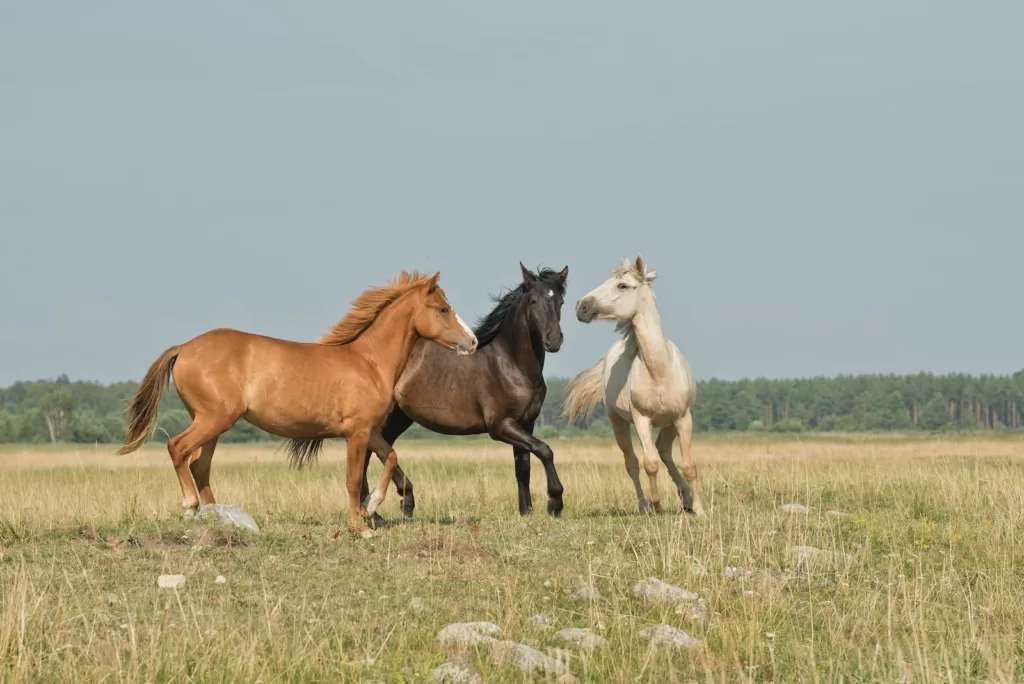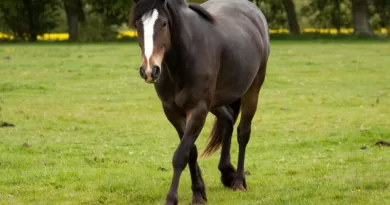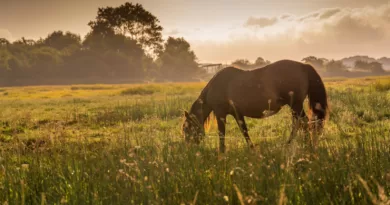Horse Life Expectancy: Factors Influencing the Longevity of Your Equine Companion
Introduction
Horses have been cherished companions to humans for centuries, serving various purposes from transportation to sports and leisure activities. Understanding the factors that influence a horse’s life expectancy is crucial for responsible horse ownership. In this article, we’ll delve into the key elements that contribute to a horse’s longevity, providing you with insights to ensure your equine friend lives a healthy and fulfilling life.
The Role of Genetics
Genetics play a fundamental role in determining a horse’s life span. Different breeds have varying life expectancies, with some naturally predisposed to longer lives due to their genetic makeup. It’s important to research the specific breed of your horse and understand its average life expectancy.
Breeds and Their Life Expectancies
- Arabian Horses: Known for their endurance, Arabian horses often live between 25 to 30 years.
- Draft Horses: These sturdy workhorses typically live around 20 to 25 years.
- Thoroughbreds: Due to their athletic nature, Thoroughbreds generally have a life expectancy of 25 to 30 years.
- Ponies: Smaller in size, ponies can live between 25 to 30 years.
Nutrition and Diet
Proper nutrition is paramount in ensuring a long and healthy life for your horse. A balanced diet rich in essential nutrients supports their overall well-being, immune system, and energy levels.
Key Nutritional Considerations
- Forage Quality: High-quality forage forms the foundation of a horse’s diet, providing essential fiber, vitamins, and minerals.
- Grain and Supplements: Depending on your horse’s activity level and age, supplementary grains and minerals may be necessary.
- Fresh Water: Access to clean, fresh water is vital for digestion and overall hydration.
 See Also: Can You Board a Dog in Heat? Or Kennel a Dog in Heat?
See Also: Can You Board a Dog in Heat? Or Kennel a Dog in Heat?
Exercise and Activity Levels
Regular exercise is crucial for maintaining a horse’s physical and mental health. It helps prevent obesity, strengthens muscles, and promotes cardiovascular health.
Effective Exercise Routines
- Daily Turnout: Allowing your horse regular time in a pasture or paddock fosters natural movement and social interaction.
- Structured Workouts: Tailor workouts to your horse’s age, fitness level, and intended use.
Preventative Health Care
Proactive veterinary care significantly contributes to a horse’s longevity. Regular check-ups, vaccinations, dental care, and deworming are essential components of a comprehensive health care routine.
Veterinary Visits and Check-ups
- Annual Wellness Exams: These comprehensive check-ups monitor your horse’s overall health and can catch potential issues early.
- Vaccinations and Deworming: Stay current with recommended vaccinations and deworming schedules to prevent illnesses and parasites.
Environmental Factors
The living conditions and environment in which a horse is kept have a substantial impact on its overall health and life expectancy.
Comfortable Shelter and Living Space
- Stable Conditions: Ensure your horse’s stable or shelter is well-maintained, providing protection from harsh weather conditions.
- Adequate Space: Ample room for movement and grazing is essential for a horse’s physical and mental well-being.
Conclusion
Understanding the factors that influence a horse’s life expectancy empowers you to provide the best possible care for your equine companion. By considering genetics, nutrition, exercise, preventative health care, and environmental factors, you can ensure your horse enjoys a long, happy, and fulfilling life.
FAQs
- What is the average life expectancy of a wild horse? Wild horses typically live around 15 to 20 years in their natural habitats.
- How can I monitor my horse’s weight to prevent obesity? Regularly assess your horse’s body condition score and adjust their diet and exercise routine accordingly.
- At what age should I start considering senior horse care? Around the age of 15, you should begin implementing adjustments to your horse’s diet and exercise regimen to accommodate their changing needs.
- What are common signs of dental issues in horses? Watch for signs like difficulty chewing, dropping food, or excessive salivation, which may indicate dental problems.
- How does regular exercise benefit a horse’s mental health? Exercise stimulates endorphin production, promoting a positive mood and reducing stress and anxiety in horses.
Enjoyed this article? You May Also Like:
- Learn in 5 minutes about Cryotherapy for Horses
- Penicillin in Horses; Impeccable Guide in 10 minutes
- Excede Antibiotic For Horses, Fantastic Facts in 5 minutes
- The Science of Oxytocin in Horses: How This Hormone Influences Equine Behavior
- Can Horses Swim? Everything You Need To Know About Horse Swimming





